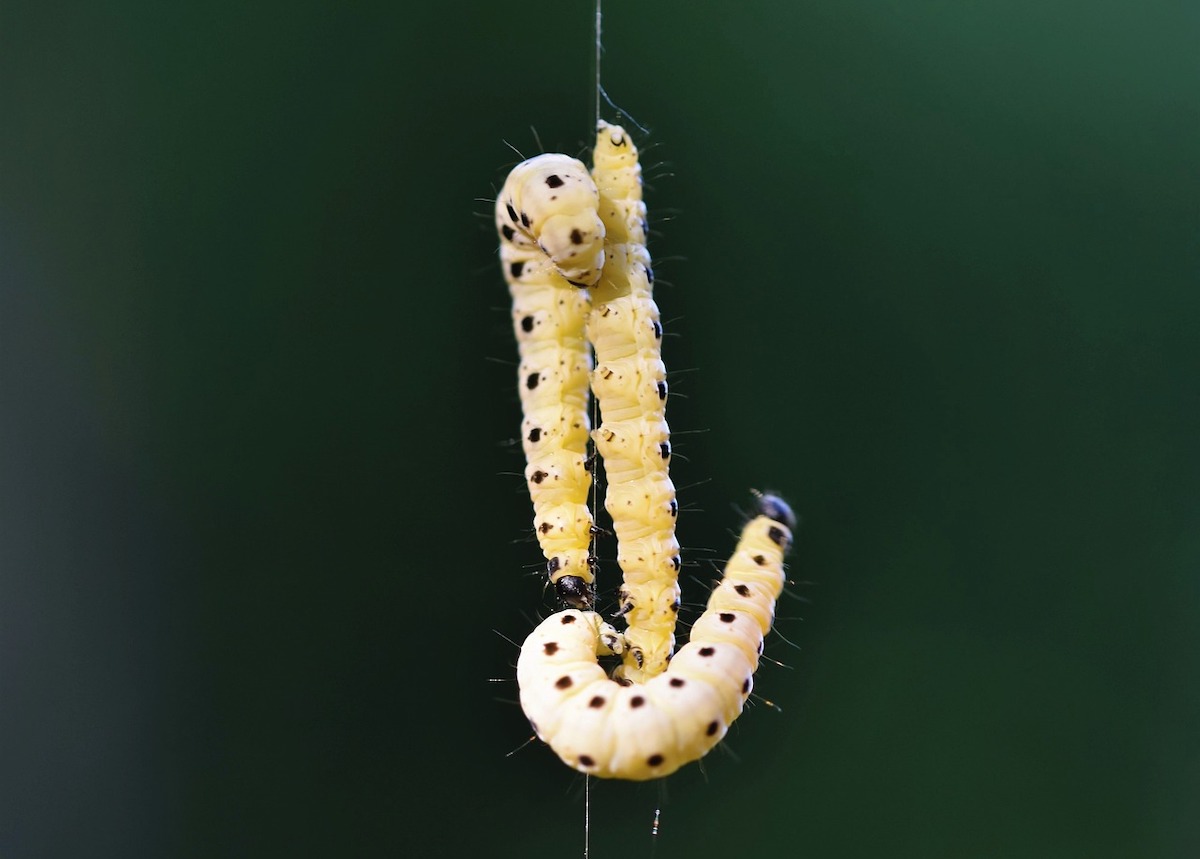Insect Saliva Might Be Our Best Plastic Recycler
Once Again the Natural World Is Providing the Ideal Solution

The rapid decline of bee populations, native and European, is well-known. For beekeepers, one of the threats to our hives is waxworms or wax moths. A hive weakened by pesticides can easily become infested by wax larvae.
A few years ago, Dr. Federica Bertocchini, a microbiologist and amateur beekeeper in Spain, made an accidental discovery when cleaning out her waxworm-overrun hive. The larvae were not only chewing through the plastic bag she had put them in but were also dissolving the bag chemically. She and fellow scientists investigated exactly how the insects accomplished this feat. They found that the enzymes or proteins in the waxworm saliva led to the rapid breakdown of polyethylene plastic. These are the first animal enzymes that we know about to degrade plastic, and they do it in a matter of hours and at room temperature.
Because plastic is made to be durable, it is a ubiquitous waste product in our environment, polluting seafood, water, and even human bloodstreams. Over time, it eventually breaks down into small particles, ultimately becoming micro and nano plastic pieces. These particles are found everywhere, from Antarctica to raindrops to tap water, and are posing a growing problem to human health.
Polyethylene bags and other products make up 30 percent of all plastics. In the environment, they break down over hundreds of years through a process known as oxidation. The only large-scale recycling of plastics happening today involves mechanical processes of glycolysis, pyrolysis, and/or methanolysis, all requiring a great amount of energy. Even with these approaches, only about 10 percent of all plastics on the planet are recycled.
The waxworm’s saliva enzymes oxidize plastic fast and without fossil energy. The only downside could be the release of carbon dioxide if billions of plastic-metabolizing insects are exuding saliva on plastic. More research is needed, but current research suggests scenarios where plastic waste can be “bio-recycled” and eliminate the release of microplastics into the environment. There are indications that these enzymes might yield useful chemicals as part of the degrading process, or even with additional processing steps become new plastic molecules, negating the need for virgin plastic produced from petroleum.
As saliva enzymes start breaking down plastics at scale, the processes will need to be contained to ensure that our valuable bee colonies are not further threatened.
Support the Santa Barbara Independent through a long-term or a single contribution.



